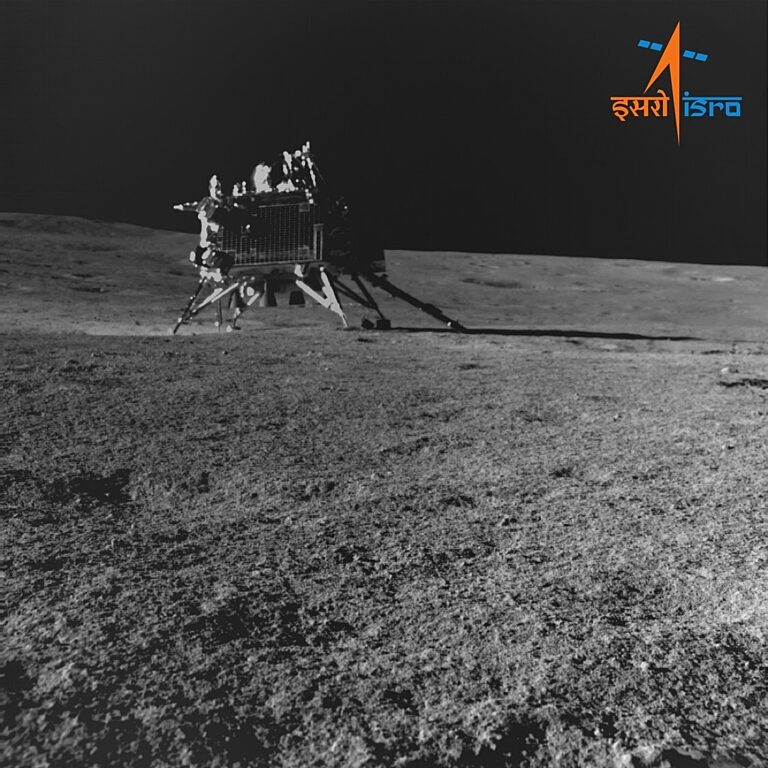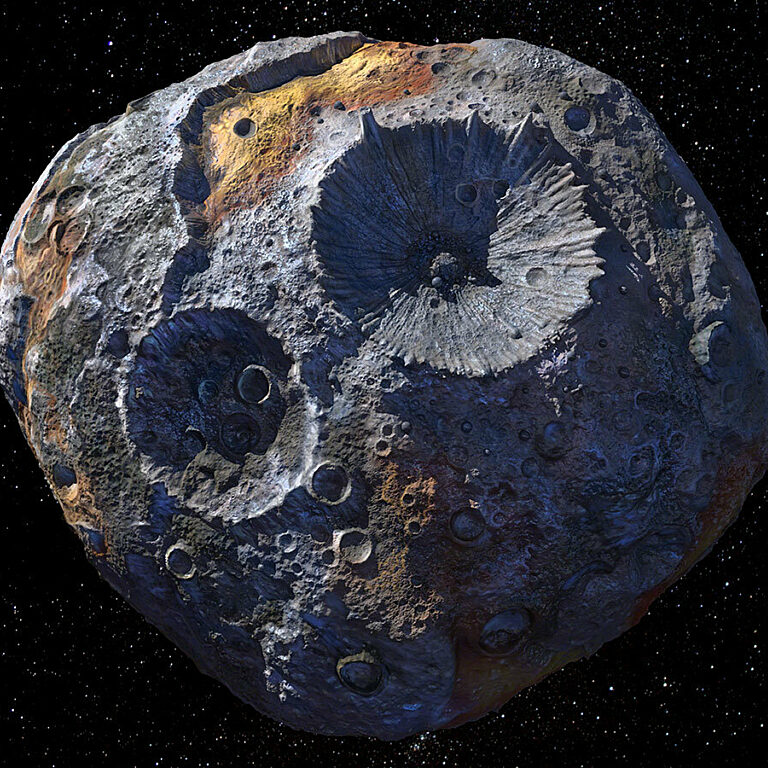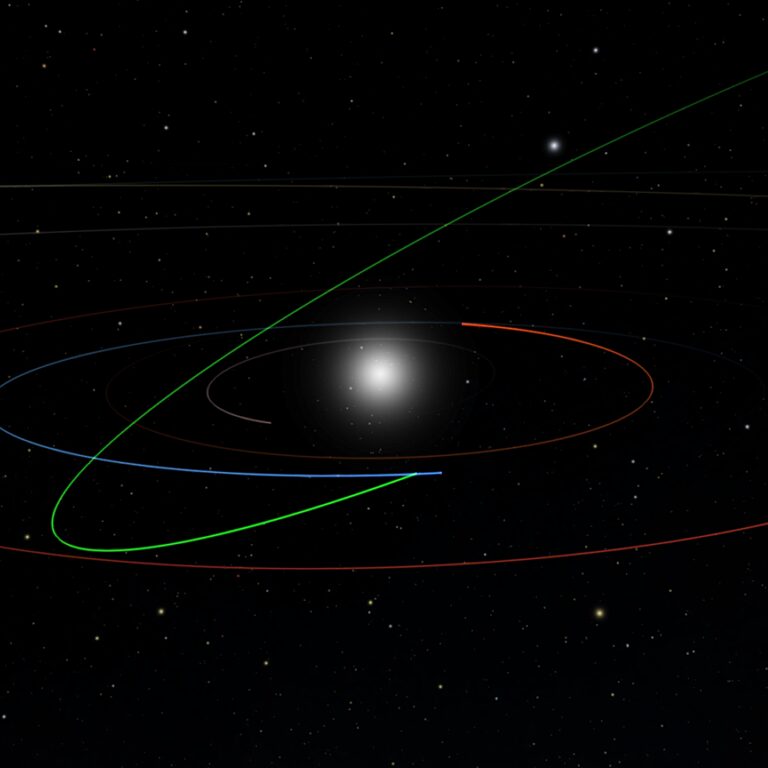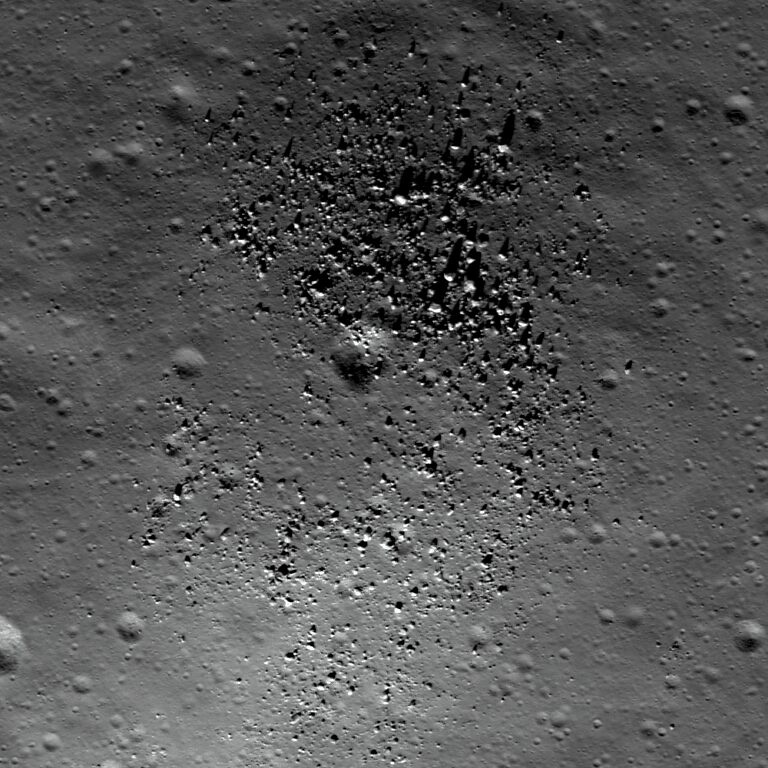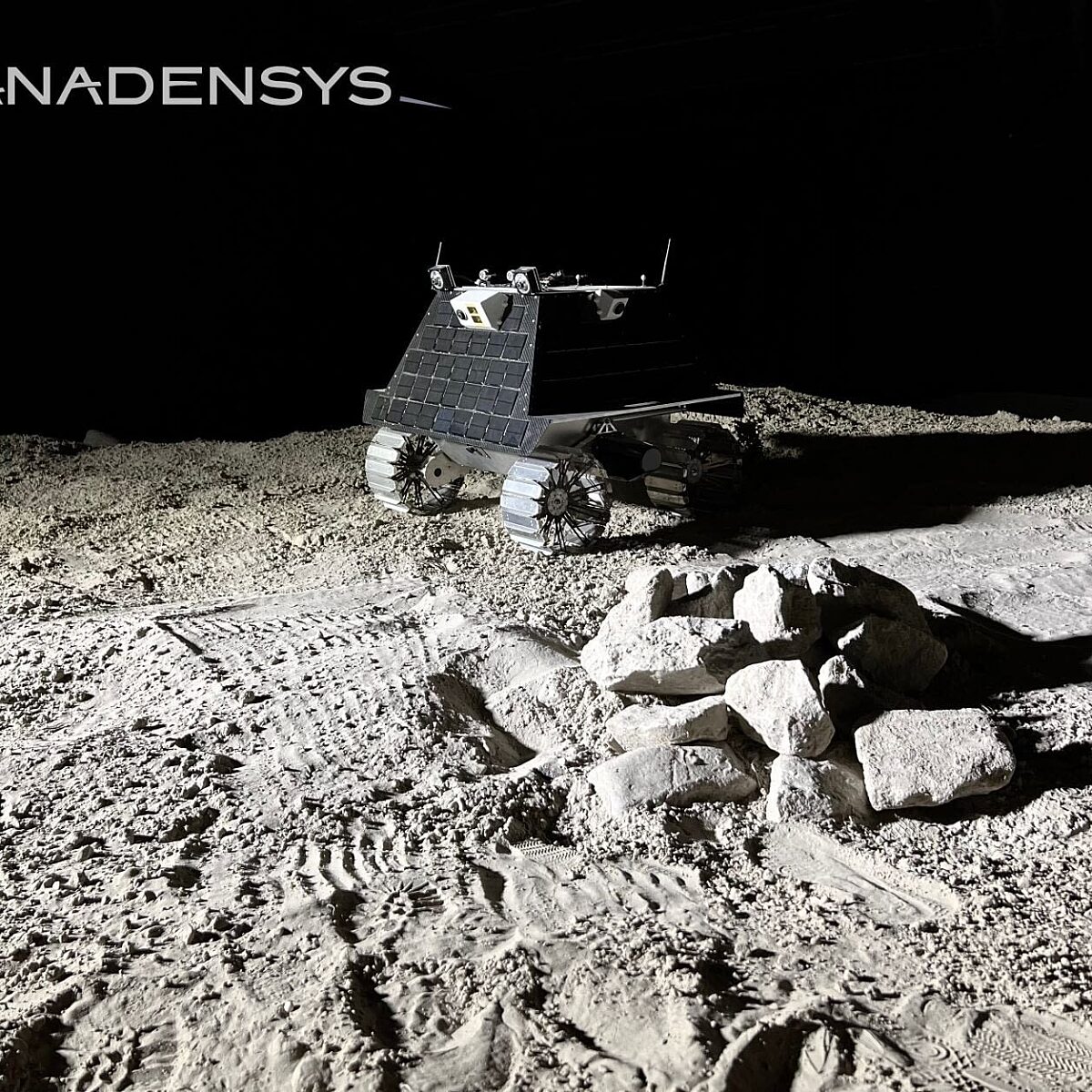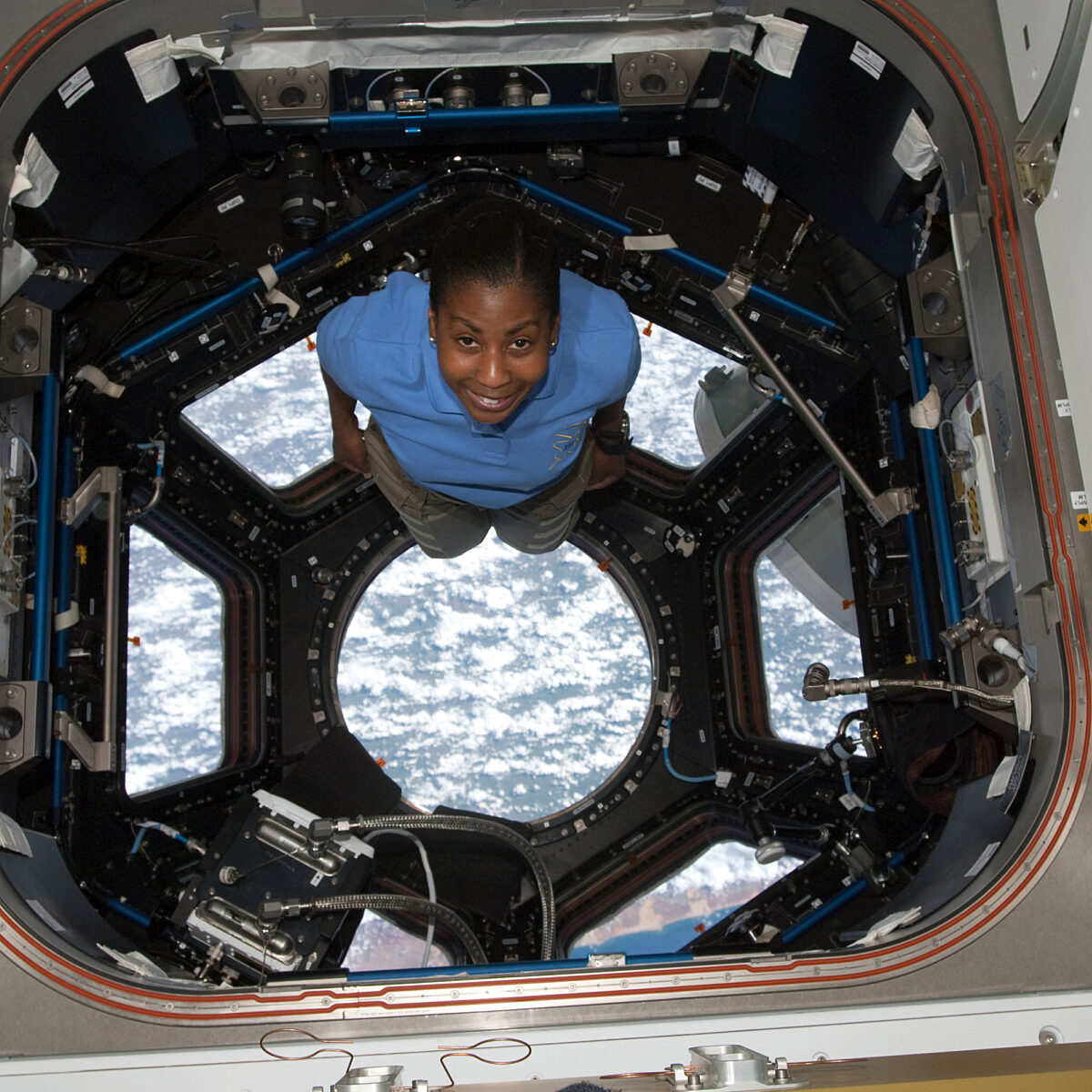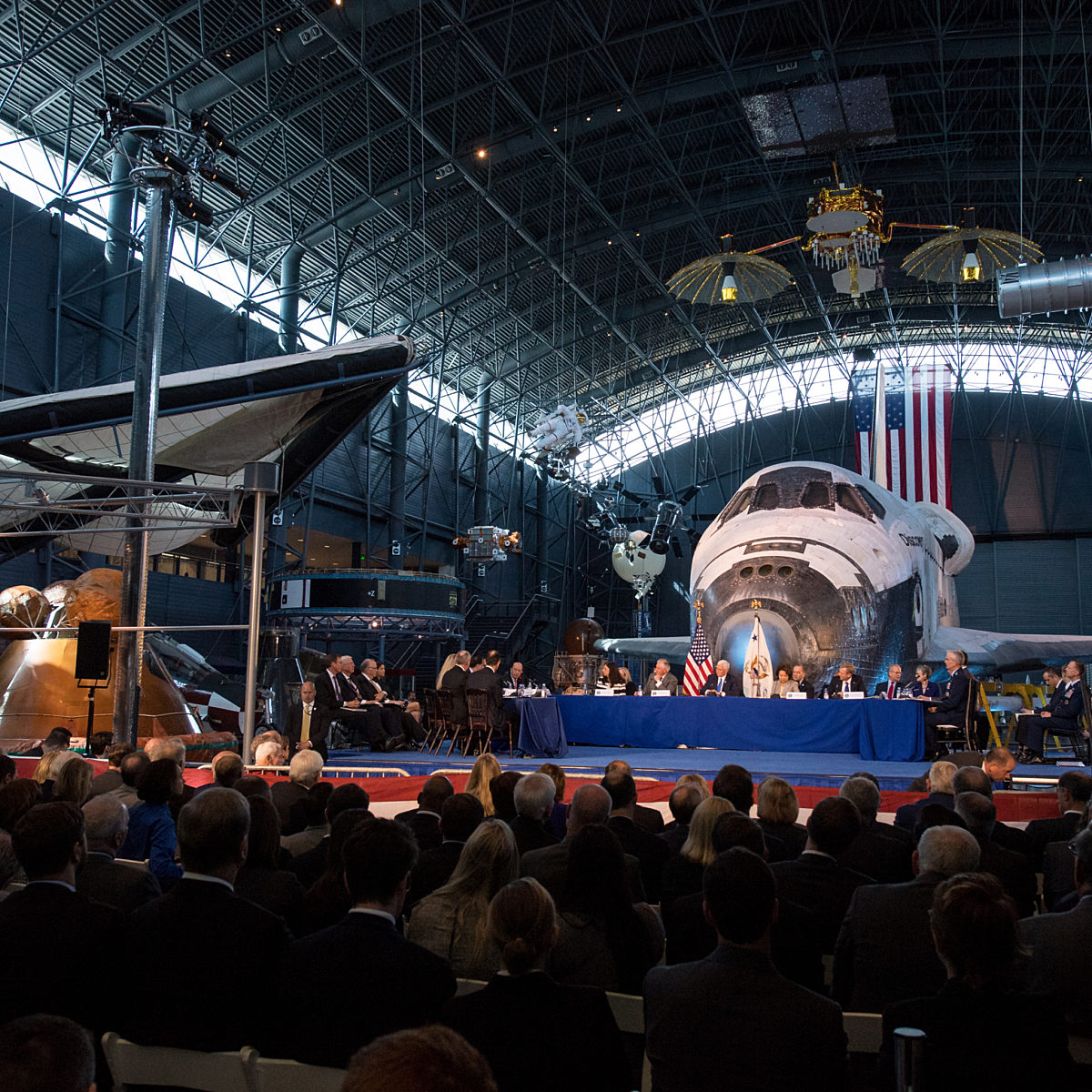Since 2002, Planetary Radio has visited with a scientist, engineer, project manager, advocate, or writer who provides a unique perspective on the quest for knowledge about our Solar System and beyond. The full show archive is available for free.
Search Planetary Radio
NASA's Perseverance rover has made a groundbreaking discovery on Mars: a sample that may hold evidence of ancient microbial life. We visit the Tenth International Conference on Mars to get the details.
We're celebrating lunar missions and the space advocacy that helps make them happen this week on Planetary Radio.
UK-based space writer Gurbir Singh, author of the book The Indian Space Programme: India’s Incredible Journey from the Third World towards the First, joins the show to help us understand India’s growing ambitions and capabilities in space.
Simone Marchi, co-investigator for NASA’s Psyche mission, joins Planetary Radio to share the creative ways their mission team is working to understand cratering on metallic worlds.
Mario Jurić and Ari Heinze from the University of Washington join Planetary Radio to discuss their team’s next-generation asteroid discovery algorithm, HelioLinc3D.
Matt Siegler from the Planetary Science Institute shares his team's surprising findings about the granite formation that might lie beneath Compton-Belkovich, a thorium-rich hot spot on the far side of the Moon.
Director of Canadensys West Peter Visscher fills us in on the upcoming Canadian lunar rover. Visscher has been working on the rover for years.
Highlights of the annual gathering of leaders and experts who are building toward humans walking on the Red Planet.
In spite of everything, 2020 was a good year for space exploration according to five of The Planetary Society’s experts.
18 astronauts on the Artemis Team have a shot at walking on the Moon, and Stephanie Wilson is one of them.
Bill Nye helps us welcome the Planetary Society’s new president who also leads a new Moon mission, while China’s lunar sample return spacecraft is headed home.
The National Space Council’s Scott Pace talks with Casey Dreier about the current administration’s sweeping new strategy that integrates all elements of space development and exploration.
China has big plans for a space station, exploration of the Moon and Mars, and possibly a mission that will follow Voyager beyond the edge of the solar system.
Are we learning how to keep men and women alive on a 3-year round trip to Mars?
Casey and his guest discuss a bill working its way through the US House of Representatives that challenges the Artemis plan adopted by NASA for human exploration of the Moon and Mars.
The Beresheet lunar lander failed in the last few kilometers of its descent to the Moon. Two days later we learned that its team would try again.
When will we return to Uranus and Neptune? Planetary scientist Amy Simon explains why a mission to the so-called ice giants is a high priority as she tells us about these mysterious, blue worlds.
With missions like Chang’e 4 on the far side of the Moon, China has firmly established itself as a leader in space exploration. Space journalist Andrew Jones helps us explore the nation’s ambitious near and long-term plans.
Non-profit SpaceIL’s Beresheet is on its way to the Moon. Only China, the Soviet Union and the United States have safely landed there before. Host Mat Kaplan talks with SpaceIL Senior Systems Engineer Yoav Landsman, while MaryLiz Bender hears from a team member who attended the launch.
China's space program notched an impressive "first" last month when its Chang'e 4 spacecraft landed on the far side of the Moon. The U.S. space program, in contrast, was in the midst of an extended shutdown. Some observers expect China's growing space capability and lunar ambitions to trigger a new space race. Not Dr. Roger Handberg, Professor of Political Science at the University of Central Florida. He discusses how the current geopolitical situation differs from the Cold War standoff between two superpowers, and how we shouldn't expect dollars to flow back to the U.S. space program as a consequence of China's space successes. Cooperation, or even friendly competition, is a much more likely outcome than a new space race.


 Explore Worlds
Explore Worlds Find Life
Find Life Defend Earth
Defend Earth




